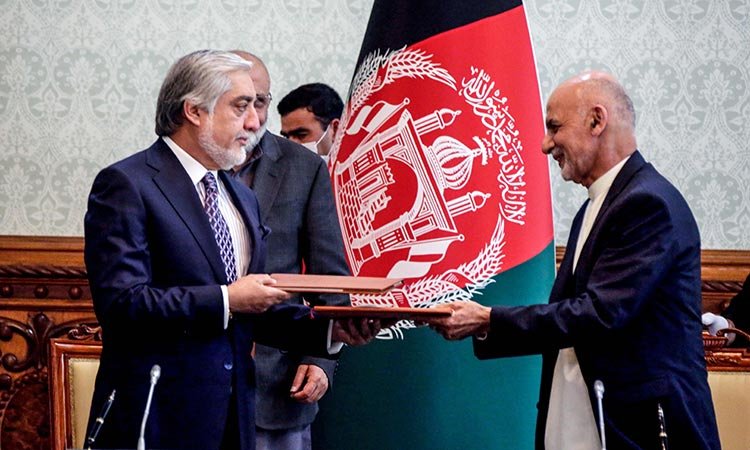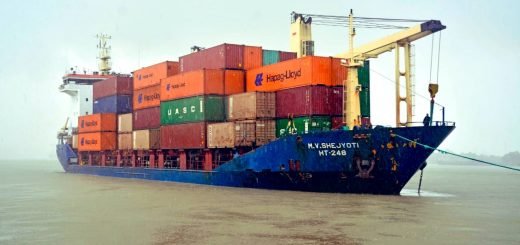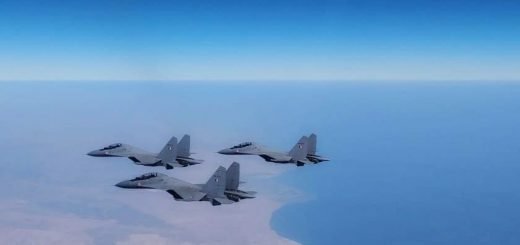Peace in the Time of Corona: New Delhi welcomes the Power-Sharing Deal between Afghan Rivals

Whilst Kabul deals with the rampant spread of coronavirus and the U.S.- Taliban agreement to withdraw American troops, President Ashraf Ghani and his chief rival, Abdullah Abdullah, have signed a power-sharing deal bringing an end to the political turmoil that had plagued Afghanistan since the presidential election results were announced in February.
On Sunday, the two reached a resolution as President Ghani appointed Mr Abdullah as the lead in the peace talks with the Taliban in a new role as chairman of the High Council of National Reconciliation. Mr Abdullah was removed from his executive position in the government but his coalition has been given the right to appoint 50 percent of the cabinet and other provincial governors’ posts while President Ghani gets undivided executive authority at the top of the administration.
The political turmoil was a result of President Ghani’s victory for the second consecutive time in the presidential elections held in September. Mr Abdullah had disputed the results and claimed that at least 15 percent of the votes in the elections were rigged. On 9th March, both President Ghani and Mr Abdullah had taken the oath of office as the president of Afghanistan which were broadcast on spilt screens across the country. The situation was similar to the one in the previous election in 2014 when John Kerry, U.S. Secretary of State at the time, had negotiated a power-sharing arrangement where Mr Abdullah, who had disputed the results then as well, was appointed as the chief executive of the coalition government with half of the power and Mr Ghani was instated as the president.
Despite U.S Secretary of State, Mike Pompeo announcing a possible $1 billion cut in aid to Afghanistan due to his frustration with the political rift in March, the two rivals had refused to cooperate and come to an agreement. The talks began due to international pressure and when the Taliban appeared to increase their attacks across the nation and refused calls for a cease-fire. The violence peaked last week when at least 24 were killed in two attacks carried out within a short period of time in Kabul and Nangarhar Province
The negotiations for the deal were initiated, and they were mediated by former President Hamid Karzai among other Afghan political leaders. The idea of forming the High Council of National Reconciliation was conceived which would give prominent Afghan prominent leaders to advice the President in matters of seeking peace efforts with the Taliban as well as all other affairs relating to Afghanistan’s peace processes. It was also decided that Abdul Rashid Dostum, President Ghani’s former vice president turned ally of Abdullah, will be appointed as a marshal of the armed forces. Many have declared it as a controversial move as he has been accused of torture and rape of a political rival in 2016, but it was necessary to make this arrangement more attractive to Mr Abdullah.

New Delhi, who has had close ties with Abdullah, has applauded the power-sharing deal. The Ministry of External Affairs released a brief statement to express their support and reaffirm their beliefs. It stated, “India hopes the Political Agreement and creation of the High Council of National Reconciliation will result in renewed efforts for establishing enduring peace and stability and putting an end to externally sponsored terrorism and violence.”
It also states that “India has consistently supported inclusive governance, national unity, strong institutions, Constitutional order, rights of all sections of society and the territorial integrity of Afghanistan.”
It further expresses the Indian Foreign ministry’s concern regarding the enhanced violence and terror that Kabul is facing and calls for immediate ceasefire and assistance to the people of Afghanistan to deal with the humanitarian situation arising from COVID-19. New Delhi has always considered Kabul as a close friend and ally. It has been the biggest regional donor to Kabul and fifth-largest donor globally with over $3 billion in assistance


















